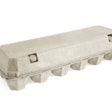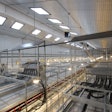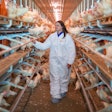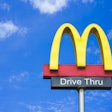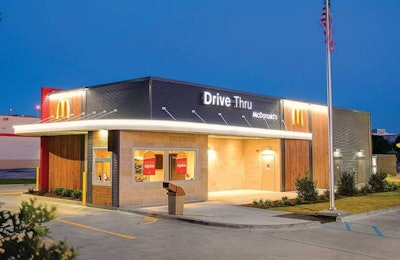
Fortune magazine has just published an article on McDonald’s decision to pledge to purchase cage-free eggs for its restaurants in the U.S. and Canada. In the article, Steve Easterbrook, CEO, McDonald's said, “When we can bring aspirational experiences to the majority of our customers at affordable prices, good things start to happen.”
Two examples of these “aspirational experiences” cited are McDonald's purchase pledges for cage-free eggs and chicken meat from birds raised without medically important antibiotics. In short, aligning how poultry products McDonald’s buys are raised with the way consumers think they should be raised while still maintaining quality, safety and affordability is seen as a way to attract new customers and get existing customers to visit more frequently.
Since these two purchase pledges were made and all-day breakfast was implemented, McDonald’s has experienced four consecutive quarters of growth in same-store sales. This reversed the prior trend that had seen same-store sales decline.
Broiler and egg producers should take note: These sales results will reinforce these purchase decisions. The genie isn’t going back in the bottle.
One of the most interesting quotes in the article comes from Hugues Labrecque, general manager, Cargill Kitchen Solutions, a supplier of eggs to McDonald’s. When discussing the results of the Coalition for a Sustainable Egg Supply research he said: “Science was telling us enriched (cages), but when talking with the consumer, they had no clue what enriched was.”
Once the marketers were convinced that consumers couldn’t or wouldn’t distinguish between enriched and conventional cages, the decision to switch to cage-free eggs was considered to be inevitable. The bottom line is that McDonald’s thinks making sure its sourcing decisions are in line with how consumers think their food should be raised has helped to increase sales.












